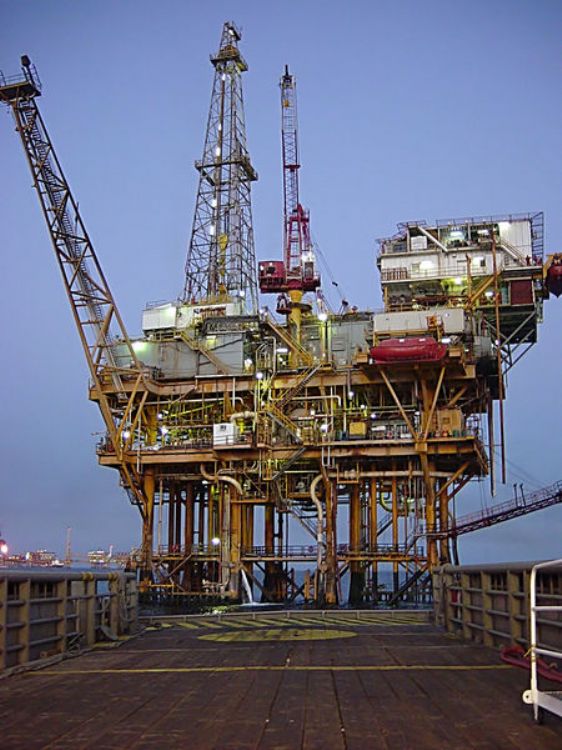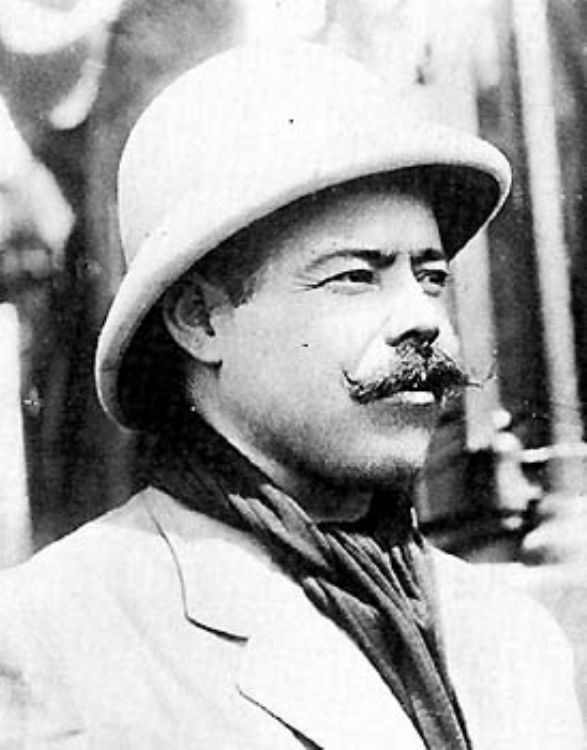The Mexican Oil

Two products originate from oil exploitation, crude oil exported in barrels, and in general the derived products such as fuel, asphalt, lubricants, grease and paraffin that compose our petrochemical industry.
The importance of Petroleum lies on its high export demand, because it is one of the main products mobilizing the whole industry, fuels: gasoline, gas, jet fuel, etc. Industries operate with petroleum products as in plastics, polyethylene and polymers crucial for any industrial and commercial area.
Petroleum is the most crucial product for an economical dynamic of the worldâÂÂs industry; it is the origin of most products that are processed and converted into consumer goods. In Mexico the oil wealth had a slow discovery and regulation. The first oil deposit was discovered in San Luis Potosi, leading to the Oil Law written by President Porfirio Díaz.
The long presidential period of Díaz allowed continuity in the countryâÂÂs industrialization projects, in which the oil deposits meant the entrance of foreign capital, although with scarce reciprocity in benefits for the country. Therefore, after the start of the Mexican Revolution, Francisco I. Madero issued in June 1912 a tax on oil production and reordered these companiesâÂÂs registration, most of them of foreign capital.
When the countryâÂÂs peace was foreseen, Venustiano Carranza in 1915 promoted the creation of the Comisión Técnica del Petróleo, recognizing its economical importance for the country. However, it was in 1917 when the Magna Carta based the nationâÂÂs right over oil wealth. Therefore, the government had faculties for imposing fiscal and contractual obligations on its exploitation. That moment is the start of a tense and hostile relationship with foreign companies, whose interests were affected, compared to the great advantages and welcoming given by Porfirio Díaz to their intervention for the whole oil exploitation and commercialization process.
However, the economic potential displayed by the companies made it possible to have a greater territorial domain, and CarranzaâÂÂs government responded by demanding its registration in official instances. Towards 1920 there were 80 oil companies with more than 90% of its capital of British and North American origin.
The historical moment lived by many countries since industrialization made Mexico a place of great interest; its production in 1921 reached 193 million barrels. However, the exploitation in the hands of foreign capitals grew as much as the industry. Nationally that power was counterbalance by the creation in 1934 of Petróleos de México, A.C., and a year later the Sindicato de Trabajadores Petroleros (Oil Workers Union) was constituted.
The crisis between oil companies and federal government was originated in 1937 by an attempt to protect the workerâÂÂs rights, after the sentence of the Junta de Conciliación y Arbitraje in favor of the oil unionâÂÂs strike, they denied the recognition of their work obligations, using the appeal for protection, which the Supreme Court of Justice rejected. Thus, President Lázaro Cárdenas in full right of defense for the workerâÂÂs rights issued the oil expropriation.
In 1938 the current semi-public Petróleos Mexicanos was created, having the mission to exploit and administer this resource, with its income directed to national economy. The process of indemnity for foreign companies lasted until 1962, while there was a quick structuring of the labor force and industry.
Sometimes in a fortuitous manner and others after a long work of the exploration systems, PEMEX has discovered great deposits of extreme national and international importance. As the one discovered in 1971 in the prod of Campeche, called Cantarel, and the Ku-Maalob-Zaap in 1979.
Due to the radical importance of crude oil for the countryâÂÂs economy, it has been of vital importance to constantly regulate and review its legislation. In 1992 the Ley Orgánica de Petróleos Mexicanos was issued, with the main goal of organizing the company effectively for the exploitation and administration of this resource. This created PEMEX Exploration and Production, PEMEX Refinery, PEMEX Gas and Basic Petrochemical and PEMEX Petrochemical.
On the other hand, there are two priority lines required from oil activity; the first is social responsibility, since production implies the need of great vigilance for environmental control, the organism is obligated to respond in case of disaster. For the same reason, it dedicates funds to counterbalancing environmental and human effect and impact. Simultaneously, it develops programs of Social Responsibility. The second important topic is the use of vanguard technology, due to its complexity and amplitude, the systems must be efficiently communicated. On this regard there is currently a service contract with the Comisión Federal de Electricidad through which it provides interconnection services to PEMEX and its subsidiaries by fiber optics technology. Also, during the last years the semi-public organism has struggled towards vanguard in voice, data and video communication.
Petróleos Mexicanos is the countryâÂÂs most important company, because of the income it produces for the federation, the creation and operation of infrastructure throughout the national territory and the importance of oil in world economy.
Click on the PLAY Button to watch the Video.
Artículo Producido por el Equipo Editorial Explorando México.
Copyright Explorando México, Todos los Derechos Reservados.
Fotografía tomada de Wikipedia.Org Ver Autor y Licencia






